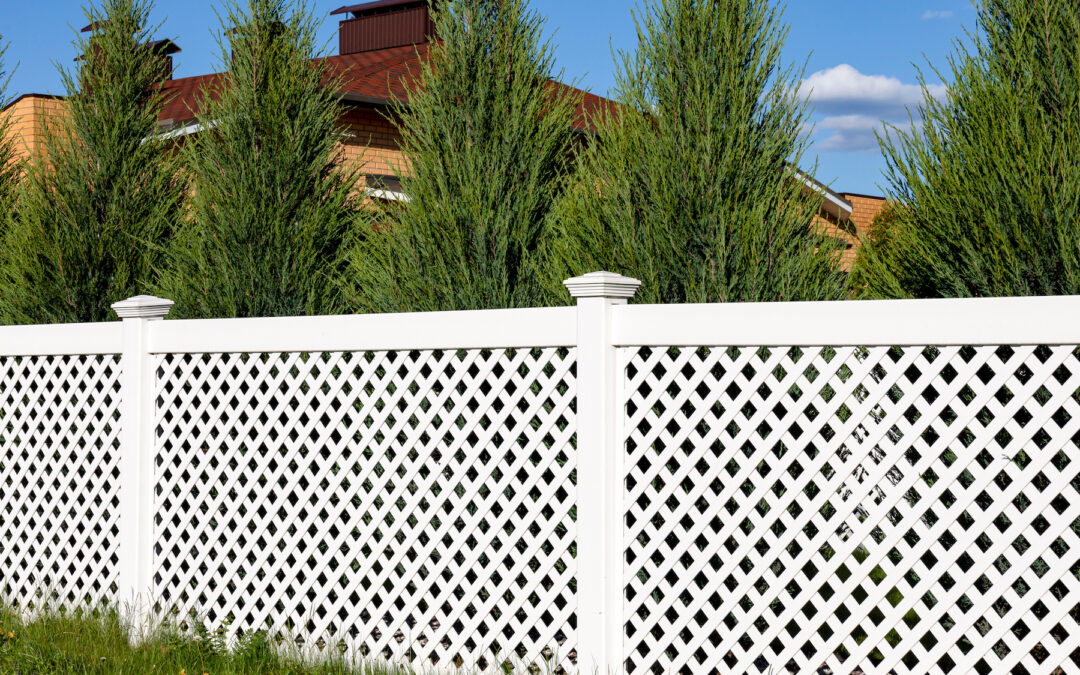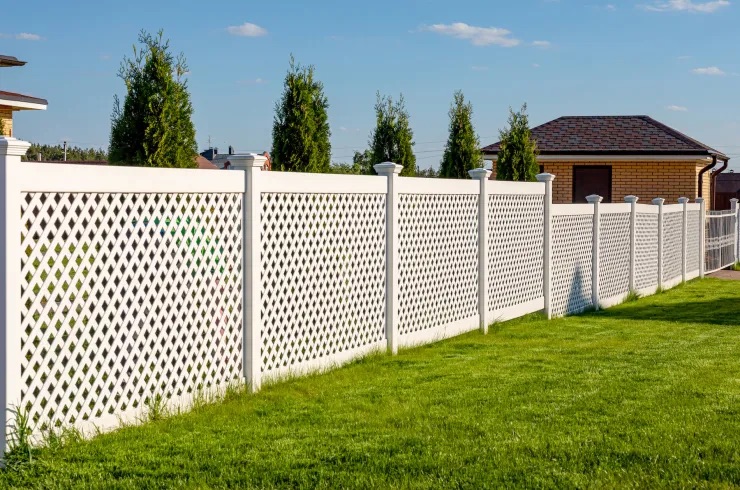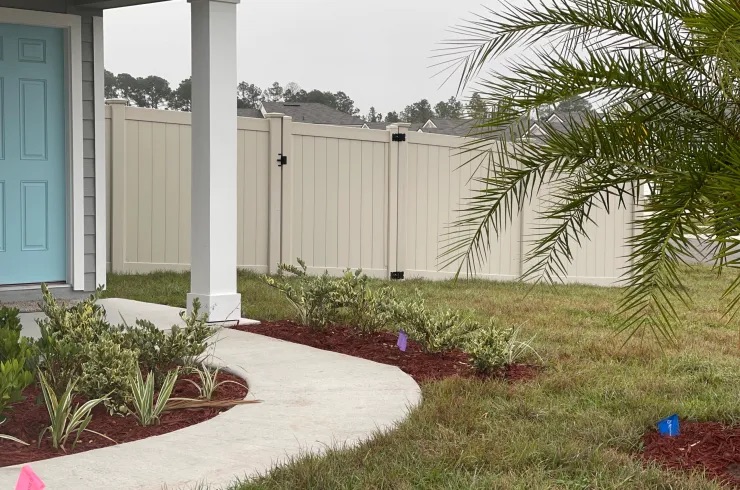Benefits of Vinyl Fencing for Homeowners
Vinyl fencing offers numerous advantages that make it a preferred choice for homeowners. Its durability, low maintenance requirements, and aesthetic appeal contribute to its growing popularity. Unlike wood, vinyl does not rot, warp, or splinter, ensuring a long-lasting investment.
Additionally, vinyl fencing is available in various styles and colors, allowing homeowners to customize their outdoor spaces. Its resistance to fading and weathering means that it retains its vibrant appearance over time, making it an attractive option for enhancing property value.
Common Misconceptions About Vinyl Fencing
Despite its popularity, several misconceptions about vinyl fencing persist among homeowners. One common myth is that vinyl fences are not as strong as wood or metal options. In reality, high-quality vinyl fences are engineered to withstand harsh weather conditions and physical impacts.
Another misconception is that vinyl fencing is limited in design options. In fact, modern vinyl fences come in a variety of styles, including traditional picket designs and contemporary privacy panels, allowing homeowners to find the perfect fit for their aesthetic preferences.
Installation Tips for Vinyl Fencing
Proper installation is crucial for maximizing the benefits of vinyl fencing. Homeowners should ensure that they follow manufacturer guidelines and local regulations to achieve a sturdy and visually appealing fence. This includes selecting the right tools, measuring accurately, and securing posts firmly in the ground.
Additionally, considering the terrain and climate can significantly impact the installation process. For instance, in areas with heavy snowfall, homeowners may need to adjust the depth of the posts to prevent damage during winter months.
Comparing Vinyl Fencing to Other Materials
When choosing a fencing material, it's essential to compare vinyl with other options like wood, aluminum, and chain link. Vinyl fencing stands out due to its resistance to pests and decay, which can be significant drawbacks of wood fencing. Furthermore, vinyl does not require regular painting or staining, unlike wood.
In contrast, while metal fences like aluminum offer durability, they can be more expensive and may not provide the same level of privacy as vinyl. Understanding these differences can help homeowners make informed decisions based on their specific needs and preferences.



